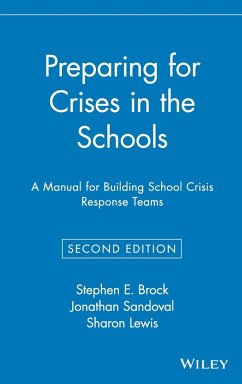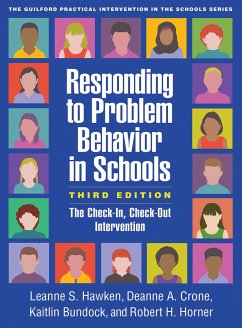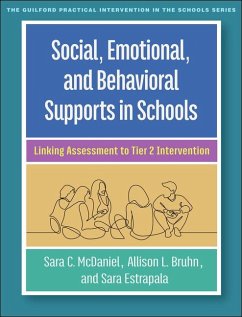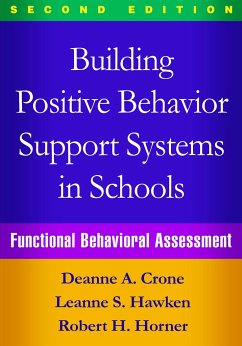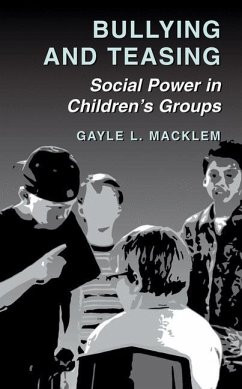
Bullying Interventions in Schools
Six Basic Approaches
Versandkostenfrei!
Versandfertig in über 4 Wochen
113,99 €
inkl. MwSt.
Weitere Ausgaben:

PAYBACK Punkte
57 °P sammeln!
Dealing effectively with the problem of bullying in schools is now recognised as a major challenge for educators of young people. Successful interventions to stop, or even reduce, bullying in schools are difficult to achieve; however, the case for improving the effectiveness of school interventions in cases of bullying is overwhelming. More attention needs to be paid to what can be done in addressing actual cases of bullying, as well as seeking to create a school environment in which the task may be more manageable. Schools need to be aware of the range of approaches that may be adopted and ap...
Dealing effectively with the problem of bullying in schools is now recognised as a major challenge for educators of young people. Successful interventions to stop, or even reduce, bullying in schools are difficult to achieve; however, the case for improving the effectiveness of school interventions in cases of bullying is overwhelming. More attention needs to be paid to what can be done in addressing actual cases of bullying, as well as seeking to create a school environment in which the task may be more manageable. Schools need to be aware of the range of approaches that may be adopted and applied in dealing with individual cases. Bullying Interventions in Schools examines in detail the six major intervention methods: the traditional disciplinary approach; strengthening the victim; mediation; restorative practice; the support group method; and the method of shared concern. Bullying Interventions in Schools aims to promote an understanding of what methods exist to address actual cases of bullying, and when and how they can best be applied. Each method is described in detail, together with its rationale. In addition, the strengths and limitations of their use are critically examined, drawing upon research-based evidence regarding their efficacy and applicability for different kinds and degrees of bullying encountered in school.






